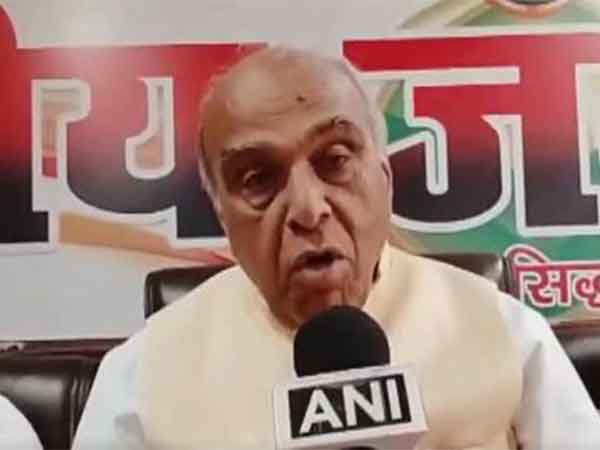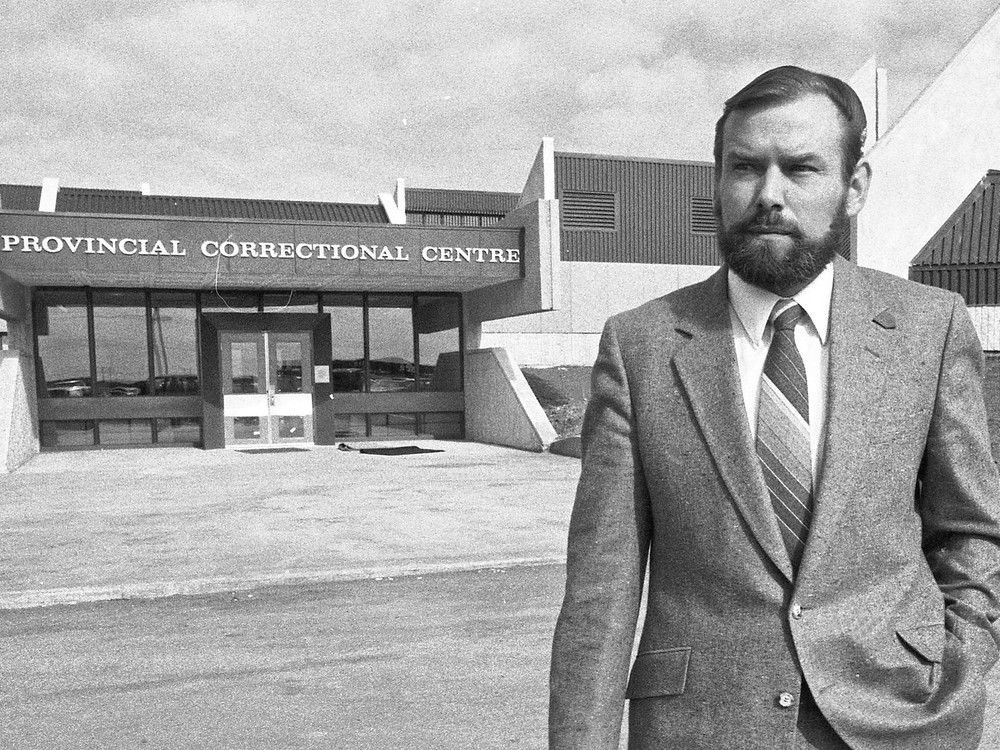If it were Republicans continually chiseling away at transparency, I would suggest their hostility had to do with the first syllable of the word. But here in Colorado at least, it has been Democrats mostly in the lead in steadily, persistently eroding decades of progress and safeguards to ensure that the public’s business is indeed conducted in public. The role played by Democrats is largely a function of their utter dominance of state government.
Colorado’s emergence as a solidly blue, one-party bastion has inevitably produced, as night follows day, a certain degree of arrogance. One-party rule, regardless of the party, tends toward excess. That is true of Republicans in Florida, to say little of Washington, D.

C. at the moment as it is of Democrats in places like California, Illinois and now our Centennial State. Over the past half century, Colorado voters have chimed in time and again to require high levels of openness and transparency in the legislative process and throughout government.
The Sunshine Amendment, adopted by voters in 1972 by a convincing 20 points, got the ball rolling. It established strict rules for open meetings at the Capitol and laid the groundwork for other transparency measures that dictate how public bodies in Colorado conduct business. With plenty of exceptions, it was largely Democratic reformers, both inside the Capitol and on the outside, who spearheaded such efforts.
That was then. In the current tense, elected Democrats in these parts not only enjoy political dominance but regard their status as rather unassailable. Consequently, why not chip and whittle away at those public protections they see as hindrances and inconveniences? During the 2024 session, the legislature exempted itself from major provisions of the Colorado Open Meetings Law to allow members to privately communicate with each other via email, text messaging and disappearing message systems like Signal (yes, that app).
Then, they used their new definition of “public business” to keep reporters out of Democratic caucus meetings. Also last year, the legislature lost a lawsuit over their use of any anonymous survey device free from public disclosure by which legislators could rank funding priorities. Following that courtroom defeat, they amended the open meetings law so that this process would no longer be forbidden.
With regard to the recently enacted House Bill 25-1041 to make confidential name, image and likeness (NIL) contracts between public universities and student athletes, Gov. Jared Polis noted an “unfortunate trend of legislative proposals that ultimately impede access to official records.” Nonetheless, Polis signed the bill.
We will soon see if the Governor’s concern prompts him to veto Senate Bill 25-077 passed just this past week to further extend the time afforded government agencies to respond to public records requests. This was an outgrowth of a similar debate last year featuring references to “vexatious requesters.” That bill was a ham-handed attempt to get at those requesting public records too often or otherwise abusing the process.
With respect to both frequency and “abuse,” the question comes down to, “Says who?” Such laws are not set in stone. There is no objection in these quarters to updating processes to better reflect this modern, digital era. That said, such updates should underscore, not compromise, the state’s longtime standard of free and open access concerning public matters.
The gradual undermining of this commitment is not limited to state government. Many localities are following suit. Denver’s Mayor Mike Johnston and his staff were recently caught using Signal to communicate about migrant issues free of public eyes or archival records.
For months on end, RTD refused to release a letter showing what was behind the termination of its police chief. Despite the Law Enforcement Accountability Act, the Aurora Police Department refused to release body-cam footage of the shooting and killing of an unarmed man. In a similar situation in Boulder, the police department tried to charge thousands of dollars for such footage.
Meanwhile, the Pikes Peak Library District just sent a bill to the former budget director for the City of Colorado Springs now conducting research for a local publication for $25,377,971.43 for communications between the library board and landlords of leased properties. When trying to collect over $25 million for public records, one does not want to leave 43 cents on the table.
Colorado Democrats were once the party of government reform. That is when they were most often on the outside. Now that they are consummate insiders running the show, the tune has markedly changed.
I’ll close with a prediction. Many of these open government laws were originally brought about by public votes. The time is drawing near when voters will again respond in large numbers to fortify and reinstate such guarantees.
Eric Sondermann is a Colorado-based independent political commentator. He writes regularly for ColoradoPolitics and the Gazette newspapers. Reach him at EWS@EricSondermann.
com ; follow him at @EricSondermann.
Politics

The whittling away of government transparency in Colorado | SONDERMANN

If it were Republicans continually chiseling away at transparency, I would suggest their hostility had to do with the first syllable of the word.















